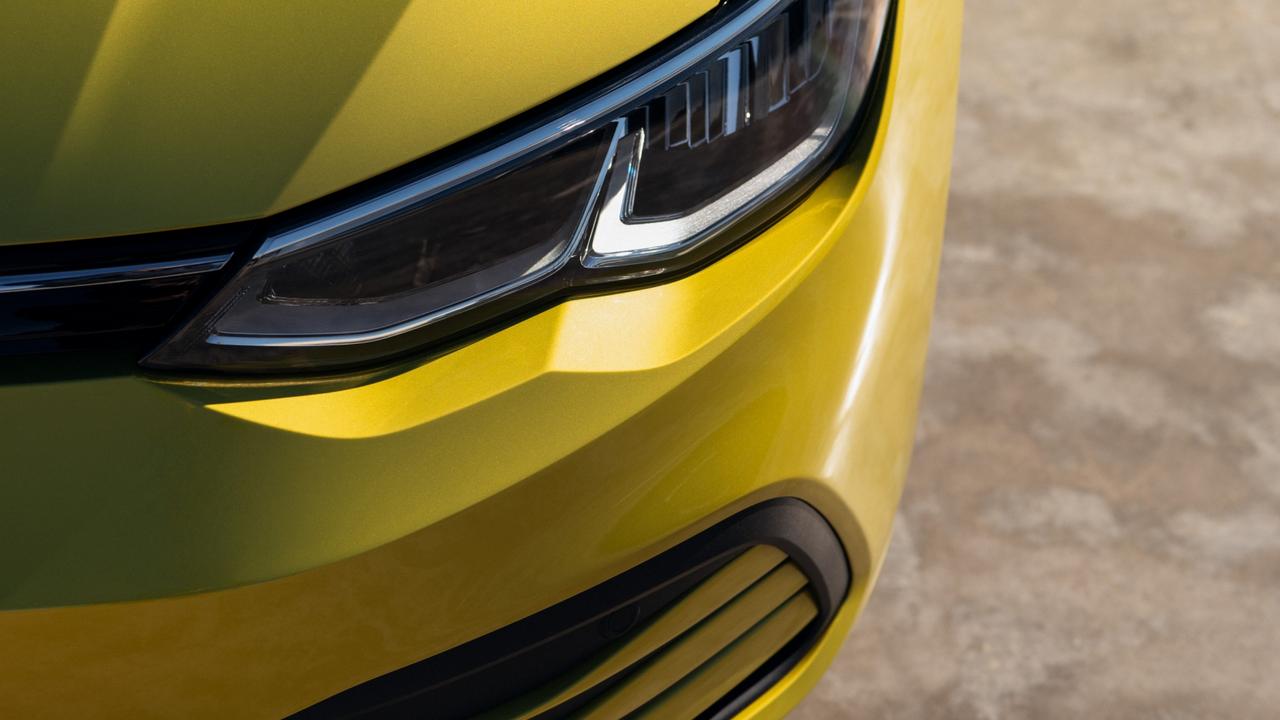The cars you can’t buy right now
Aussies looking to buy a new car might be in for a rude shock as some of the nation’s favourite vehicles are unavailable for the foreseeable future.
Aussies wanting to get a new ride might be out of luck.
The entire car industry is in the midst of a severe parts shortage that is forcing car makers to halt production and slash exports to Australia.
This is having a direct effect on Aussie shoppers as severely restricted supply is leading to long waiting lists for sought after vehicles.
And there is concern within the industry that this issue might not be resolved for quite some time.
A shortage of semiconductors is causing the issue. The little, but vital, item is essential in modern cars.
Semiconductors power a range of items such as a car’s touchscreen, engine mapping and crash avoidance technology. One car could have as many as 100 semiconductors on-board.
Toyota – Australia’s highest selling car brand – has been one of the worst affected in recent months.
It has been forced to close production lines affecting every vehicle in its range.
Some of the worst vehicles affected are the Toyota RAV4 Hybrid SUV and LandCruiser 70-Series ute. Both have wait times of about 10 months on average in Australia.
Toyota has revealed that about three quarters of its line up has a wait time of up to six months and one quarter has a wait time of up to four months.
Toyota Australia executive Sean Hanley apologised for the extended wait times earlier this month.
“Toyota understands your frustration, and I sincerely apologise for these delays,” says Hanley.
“I want to thank you for your patience and assure you we are doing everything we can to get you behind the wheel of your new Toyota as soon as possible.”
Worryingly for Toyota the HiLux ute, its biggest selling vehicle, has now been affected with the high selling vehicle likely to be hard to come by in the next few months. Toyota expects supply to pick up in December.
Volkswagen, too, has been hard hit by the shortages. It set up a website to keep customers informed on the progress of their preferred vehicle.
Some of its most popular and important vehicles such as the Golf hatchback, Tiguan SUV and Amarok ute are all affected with buyers facing long waits.
VW has a healthy supply of other vehicles such as the Polo small hatchback and the T-Cross and T-Roc small SUVs.
Hyundai is trying to overcome the shortage by investing in new supply chains and diversifying its supply of chips globally.
Jeep Australia boss, Kevin Flynn, has previously explained the American brand has had to recognise the challenges in global manufacturing at the moment and the effects it is having on local sales.
“I don’t think we’ve ever had such low levels of stock in the country,” says Mr Flynn.
“The car yards are certainly empty, we just have to work every month to make sure the stuff is coming, we’re getting it prepped, we’re getting it out and supporting the dealers and our customers. We have, in certain models, got fairly lengthy order banks and we just have to keep working to improve that situation,” he says.
Kia Australia chief operating officer, Damien Meredith, previously told news.com.au the long wait time for new car orders caused by the semiconductor shortage has led to a loss of about 20 per cent of possible sales as buyers get tired of waiting.
These issues could be further compounded by a shortage of magnesium, which is a crucial component in aluminium alloys that are used extensively in cars.
This shortage is caused by power cuts in China, which produces most of the world’s magnesium.
The shortage of new cars is having a knock-on effect on used car prices with buyers in need of a car buying secondhand in stead of new driving up prices in the process.
For all the latest Technology News Click Here

